Your 25 Week Old Baby – Development, Milestones & Care

This pivotal stage is characterized by your baby’s emerging attempts at independent movement and increased interaction, marked by smiles and babbling when receiving attention. Notably, your infant is now associating sounds like ‘da’ and ‘ma’ with you and your partner, reflecting her growing understanding of communication dynamics. As you provide nurturing care, this period unfolds with a myriad of changes in your baby’s growth and development. The intricate journey at 25 weeks necessitates your continued guidance and support. Embrace the enchanting moments as your baby thrives in her newfound abilities. Witness her blossoming personality and evolving skills, all nurtured by your love and care. Dive into a deeper understanding of the growth and development of a 25-week-old baby by exploring the comprehensive insights intricately detailed in this insightful article.
A 25-Week-Old Baby’s Development
All of this time, you were the one doing everything for your baby. Now, however, she is starting to show signs of becoming independent. She is going to be developing and learning very fast, and as her parent, it is up to you to help and encourage her along the way. At the age of 25 weeks, your baby’s brain is starting to develop more to recognise more things. She is going to show you signs that she is ready to move on to more solid food and will even be able to roll herself over. Teething can be a huge problem at this age, and if your baby is crying a lot, drooling or has a low fever and swollen gums, this is probably why.
[Also Read: 6 Months Old Baby Development]
A 25-Week-Old Baby’s Growth Milestones
Every week brings a new change in your baby as she steadily grows, observes and learns about the world around her. Here are some of the milestones she is going to reach this week.
- Your baby is going to learn how to roll over from her back onto her stomach at this age, meaning that you are in for a few surprises while trying to change her diapers. It will be a new and entertaining experience for both of you, but keep a close eye on her to prevent accidents.
- Your little one is going to be very interested in what you say. Babies of this age are learning to associate which gestures or sounds get which response from you. For example, your baby learns that when she cries, she gets your attention; she learns that smiling and laughing makes you smile and laugh and she is also learning what verbal cues you and your partner respond to individually.
- She may begin to repeat a few syllables and will enjoy hearing the sound of it. Encourage her by speaking to her and pointing at the things she finds interesting to help her learn to associate the correct words and objects.
- Most babies are ready to move on to solid foods by this age. If your baby is starting to sit with support and can hold her head steady, then she is most likely going to be able to use her tongue to move her food to the back of her mouth in order to swallow.
- She will be able to pass objects from one hand to the other and will be able to “rake”, which is basically using both her arms to shovel what she wants towards herself.
- She also laughs a lot at this age.
[Also Read: 6 Months Old Baby Milestones]
Baby Feeding
Feeding your baby some sort of cereal a few times a day as well as her usual feeding of breast milk or formula is probably what you have been doing all this time; however, it is now time to start weaning her onto more solid food. Start with easily digestible foods like moong dal rice mix, rice porridge and wheat porridge and can also include pureed fruits like papaya, mango, mashed ripe banana, mashed veggies like potatoes, sweet potatoes or carrots. Introduce different food to your baby slowly, one each day, and keep an eye out for any allergic reactions.
[Also Read: 6 Months Old Baby Food]
Sleeping
Here are some sleeping habits your baby will be having at 25 weeks:
- A 25-week-old baby sleeps fourteen or fifteen hours in total. Thankfully, around eleven of these hours are during the night, while the remaining constitute the daytime naps.
- Some babies of this age group are ready to drop their third nap.
- Your baby may have disturbed sleep at this age that could be caused by a number of reasons; growth spurts and teething are two such examples.
- Your baby may wake up and end up staying awake in the night if she becomes too engrossed in practising her rolling over skills.
- Like adults, babies also have the tendency to wake up in the middle of the night. The real meaning of “sleeping through the night” is actually when a baby is able to soothe herself back to sleep during one of those wakeful moments and doesn’t need to cry out for you. Some families like to start sleep training their babies from this age.
- Even though your baby is able to roll over now and may enjoy spending time on her tummy, it is best not to put her to sleep on her tummy. Continue to put her to sleep on her back.
[Also Read: 6 Months Old Baby Sleep]
Care Tips for a 25-Week-Old Baby
Here are some tips on caring for your 25-week-old baby:
- Some women choose to give their babies water in a feeding bottle from the time they are still nursing. If you have not yet done this, you can use a sippy cup to introduce your baby to water.
- Your baby is going to start crawling and even cruising soon, so you better make sure to childproof your home in order to avoid any unnecessary problems later.
- As your baby is now starting to roll over, consider moving her changing station to the floor instead. This way, you do not need to fear her rolling off if you take your eyes off her for a little while.
- Take a professional photo of your 25-week-old baby.
- If she is showing an interest in eating finger foods or even trying to use a spoon to feed herself, let her. Even though this can get pretty messy, it will teach your baby a lot and help her learn how to use a spoon faster.
[Also Read: 6 Months Old Baby Care]
Tests and Vaccines at 25 Weeks
It is best to take your baby in for all her check-ups. You can even speak to your doctor about giving her the flu shot as she is old enough to get it. Your baby will be due to having her Hib, DTaP, Hepatitis B and Poliovirus vaccines when she is taken for her six-month visit. Make sure to schedule her nine-month doctor’s visit.
Games and Activities
There is nothing more your baby loves than playing with you. Not only is this fun and gives you time to bond with your child, but this helps in her physical, mental, social and emotional development. Here are some games and activities that you can try indulging in with your baby
[Also Read: 6 Months Old Baby Games and Activities]
1. Photo Album
All you need for this is a simple photo album that has the plastic that you can slide the pictures into. Put some pictures of you, your partner, your child and other caregivers and relatives. When you sit together, show her the album and let her keep it for herself. She will be mesmerised by all the colourful pictures and may even show excitement as she recognises the faces in the pictures.
2. Cause and Effect
Your baby is going to be utterly fascinated by almost everything you show her since everything is new to her. Go around showing her what happens when you turn a light switch on and off, encourage your baby to ring the doorbell and you can even try allowing her to turn on the tap (as long as it is the cold one). This will help her learn how certain actions have certain results.
Toys for a 25-Week Baby
As your 25-week-old baby continues to explore the world around them, providing engaging and developmentally appropriate toys is essential for their growth. These toys not only entertain but also contribute to the enhancement of motor skills and cognitive abilities. Here are four recommended toys to captivate and stimulate your baby’s burgeoning curiosity.
1. Soft Sensory Blocks
Introduce your baby to a set of soft sensory blocks, featuring different textures, colors, and patterns. These tactile experiences encourage sensory exploration and aid in the development of fine motor skills.
2. Interactive Plush Toys
Opt for interactive plush toys that emit gentle melodies or crinkly sounds. These toys engage your baby’s auditory senses, fostering a sense of cause-and-effect while providing comfort and companionship.
3. Mirror Play Mat
Enhance tummy time with a mirror play mat. The reflective surface captivates your baby’s attention, promoting visual tracking and self-recognition. This versatile mat also offers a comfortable space for play and exploration.
4. Graspable Rattles
Choose graspable rattles with vibrant colors and various textures. These toys encourage your baby to practice their grasping reflex, promoting hand-eye coordination. The rhythmic sound of the rattles adds an auditory dimension to their playtime.
When to Consult a Doctor?
If your baby has not yet started to smile, to babble, she doesn’t make eye contact or sit unassisted or does not respond to sounds; you should pay your doctor a visit.
FAQs
1. Is It Normal for a 25-week-old Baby to Have Irregular Sleep Patterns?
Yes, it’s normal for a 25-week-old baby to have irregular sleep patterns. Infants often experience shorter sleep cycles and may wake frequently during the night. As their sleep patterns are still developing, consistency may take some time to establish.
2. What Are Some Common Concerns Parents Face With 25-week-old Babies?
Common concerns at 25 weeks may include teething discomfort, introducing solid foods, and variations in feeding patterns. Parents might also observe changes in their baby’s mobility, such as attempts at crawling or increased interest in surroundings. Consultation with a pediatrician is advisable for specific concerns or questions about development and well-being.
Not every child will grow at the same pace. They have a way of reaching the milestones at a time when they are most comfortable. When it comes to premature babies, they are a bit more likely to take longer to reach their milestones, but there is no reason why they should not eventually. Raising babies takes a lot of time, effort and patience, but with the love and guidance from parents, all children are capable of growing into well-rounded people.
References/Resources:
1. Your baby’s first solid foods; NHS UK; https://www.nhs.uk/conditions/baby/weaning-and-feeding/babys-first-solid-foods/
2. 3-6 months – Life with your baby; NCT; https://www.nct.org.uk/baby-toddler/your-childs-development/3-6-months-life-your-baby
3. Safely Soothing Teething Pain and Sensory Needs in Babies and Older Children; U.S. Food & Drug Administration; https://www.fda.gov/consumers/consumer-updates/safely-soothing-teething-pain-and-sensory-needs-babies-and-older-children
4. Important Milestones: Your Baby By Six Months; Centers for Disease Control and Prevention; https://www.cdc.gov/ncbddd/actearly/milestones/milestones-6mo.html
5. Vaccines Your Child Needs by Age 6; American Academy of Pediatrics; https://www.healthychildren.org/English/safety-prevention/immunizations/Pages/Your-Babys-First-Vaccines.aspx
6. Infant Sleep; Stanford Medicine; https://www.stanfordchildrens.org/en/topic/default?id=infant-sleep-90-P02237
Previous Week: 24 Weeks Old Baby
Next Week: 26 Weeks Old Baby
Was This Article Helpful?
Parenting is a huge responsibility, for you as a caregiver, but also for us as a parenting content platform. We understand that and take our responsibility of creating credible content seriously. FirstCry Parenting articles are written and published only after extensive research using factually sound references to deliver quality content that is accurate, validated by experts, and completely reliable. To understand how we go about creating content that is credible, read our editorial policy here.







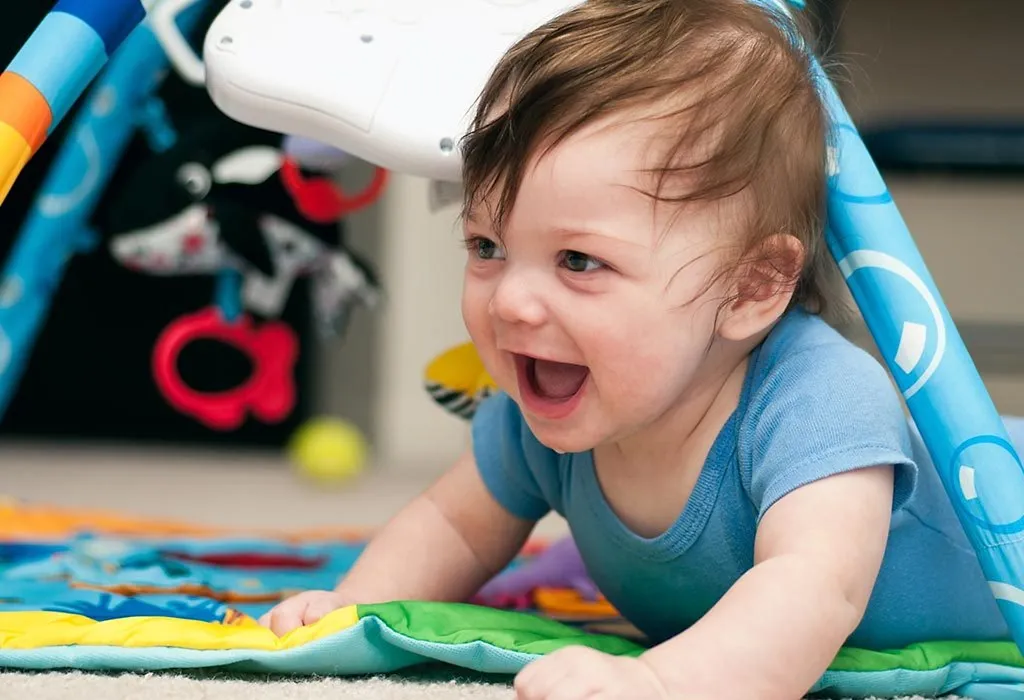
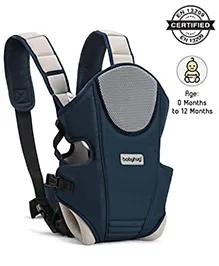

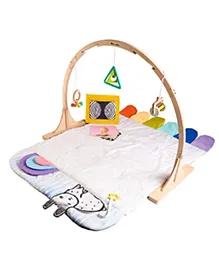
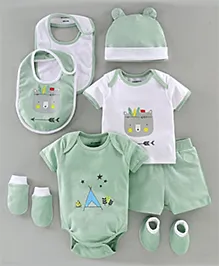
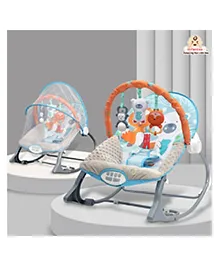
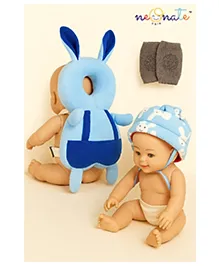
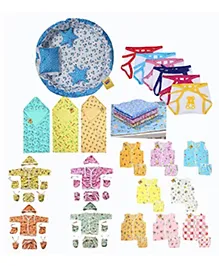


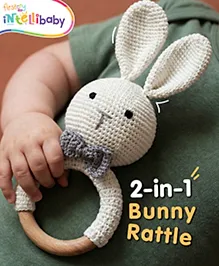
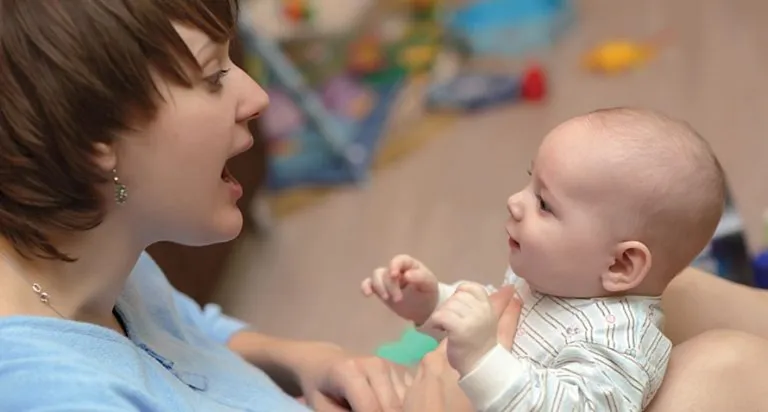



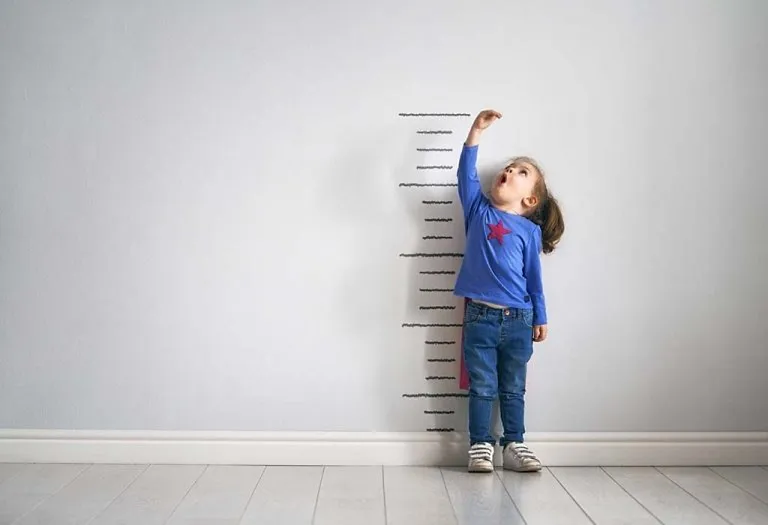


.svg)


















